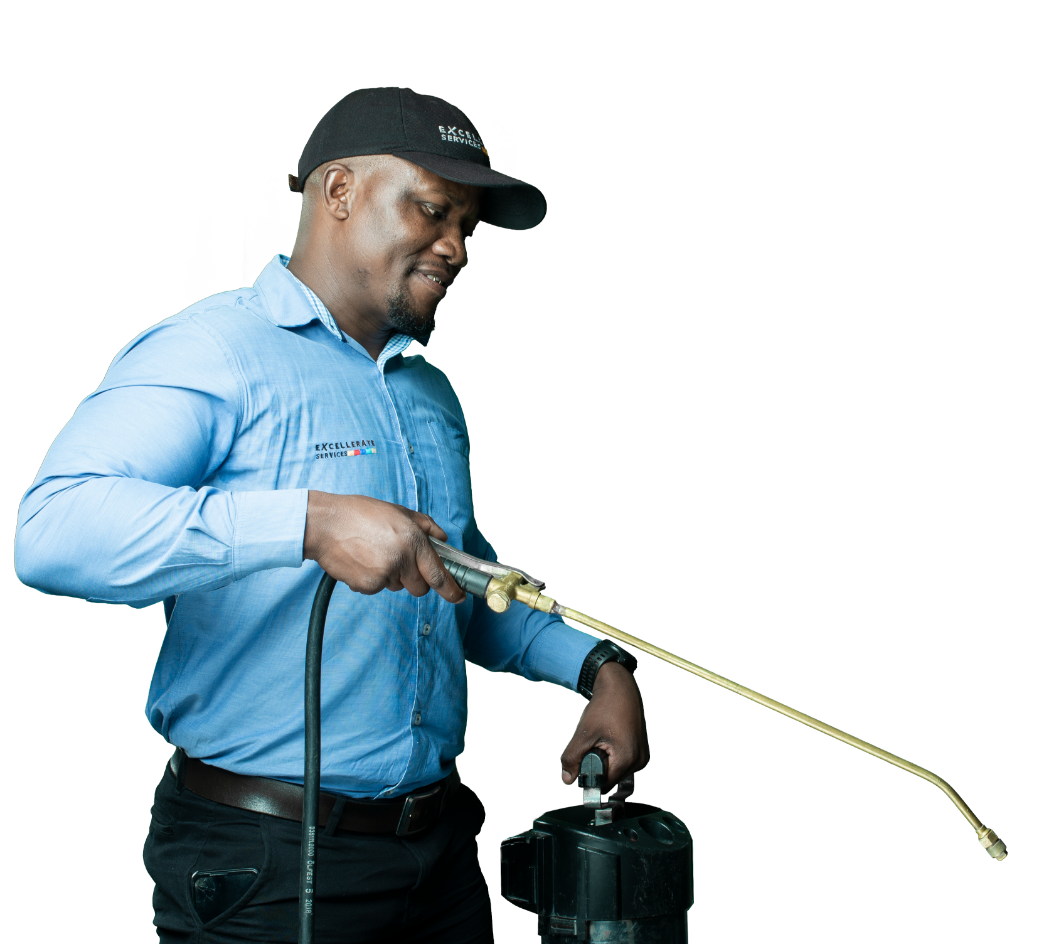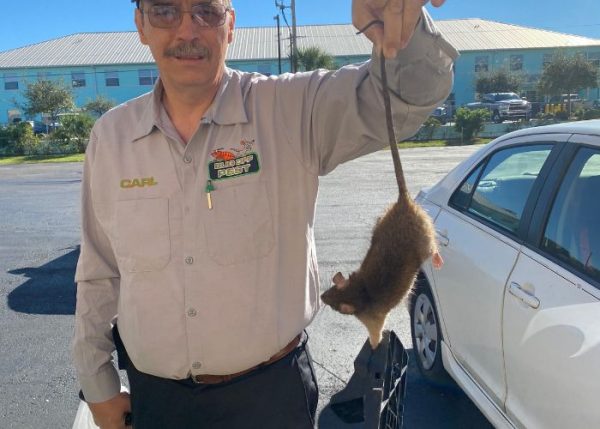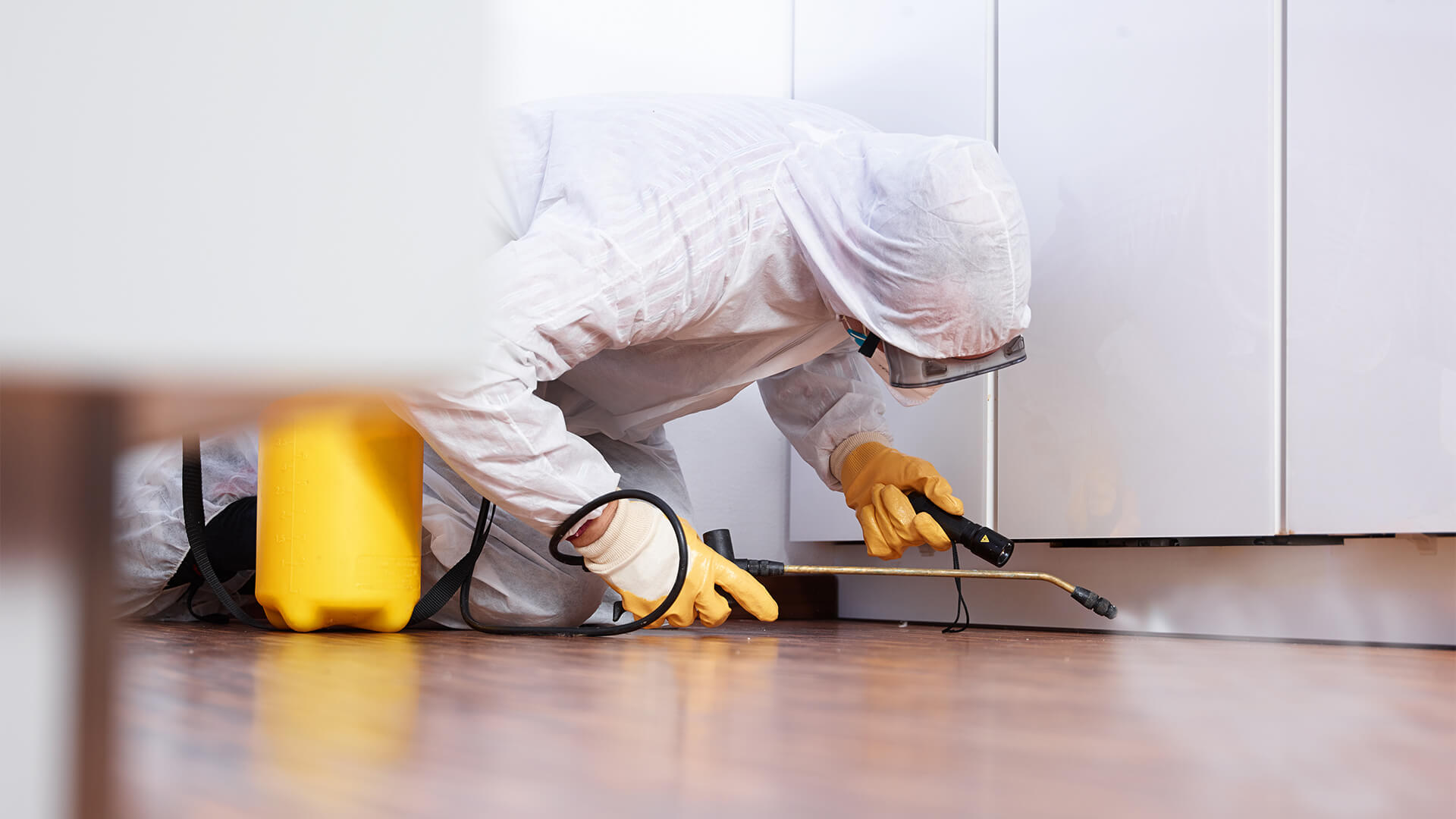Stop unwanted pests with professional Pest Control in Port Charlotte right away.
Checking Out Cutting-edge Strategies and Products for Efficient Bug Control
The landscape of insect control is advancing, marked by the appearance of ingenious techniques and items designed to improve effectiveness and sustainability. From wise catches furnished with sophisticated monitoring systems to organic methods that employ natural killers, these advancements provide a standard change in just how we approach pest management. Moreover, environmentally friendly chemical alternatives and scent interruption methods use targeted services that straighten with ecological stewardship. As the market faces these advancements, a closer examination discloses not just their ramifications yet also the possible difficulties that may occur in their application.
Smart Traps and Keeping Track Of Systems
How can modern-day technology enhance parasite management? One substantial improvement is the growth of wise traps and checking systems, which provide real-time information and analytics for efficient bug control. These systems utilize sensors and cordless technology to detect bug activity, informing property managers and bug control professionals to problems before they escalate.
Smart catches are outfitted with functions such as bait stations that bring in pests and catch them effectively. These traps can be kept an eye on from another location, permitting prompt treatments and decreasing the requirement for extensive chemical applications. The integration of machine knowing formulas allows these systems to separate between target insects and non-target species, improving the accuracy of pest control actions.
Additionally, the information gathered from clever traps can be analyzed to identify patterns in pest habits and environmental elements adding to invasions (Pest Control in Port Charlotte). This info is very useful for establishing targeted insect management strategies customized to specific settings. By accepting clever traps and checking systems, parasite control specialists can improve their operational performance and decrease the environmental effect of bug monitoring, eventually resulting in more secure and much more sustainable methods in the sector
Organic Bug Control Methods
Making use of all-natural predators and parasites, biological bug control techniques use an eco pleasant alternative to chemical therapies. This approach includes the introduction or enhancement of particular microorganisms that can naturally manage pest populations, consequently lowering dependence on synthetic pesticides. Usual examples include making use of ladybugs to regulate aphid invasions and parasitic wasps to target caterpillars.

Organic control can be categorized right into 3 main methods: classic, augmentative, and preservation. Classic biological control entails importing natural enemies from the parasite's indigenous habitat, while augmentative control entails boosting the population of existing natural opponents with releases. Conservation strategies concentrate on developing problems that sustain these valuable microorganisms in the community.
It usually requires an extensive analysis of pest characteristics and the life cycles of both the bugs and their all-natural opponents. As awareness of ecological issues expands, biological parasite control techniques are progressively recognized for their lasting role in integrated insect management programs.
Eco-Friendly Chemical Alternatives
Environmentally friendly chemical options give a viable service for bug administration that minimizes ecological influence while successfully regulating insect populaces. These options are stemmed from natural sources and are carefully formulated to target specific bugs without damaging useful microorganisms, making them a crucial component of lasting insect control approaches.
Amongst one of the most reliable environmentally friendly choices are plant-based pesticides, such as neem oil and pyrethrin, which are derived from the seeds and flowers of various plants. These materials interfere with the life cycles of parasites, decreasing their populations without the toxic results related to standard chemicals - Pest Control in Port Charlotte. Furthermore, necessary oils like peppermint and clove oil exhibit repellent residential properties, better boosting their utility in pest management

In addition, green chemical options usually damage down faster in the environment, decreasing the danger of soil and water contamination. This characteristic aligns with the enhancing consumer need for sustainable original site practices in agriculture and urban parasite control. As study remains to development, the growth of ingenious green solutions will certainly better boost efficiency and widen application locations, making it possible for pest monitoring professionals to take on greener, extra accountable techniques in their practices while securing human health and wellness and the setting.
Scent Disturbance Methods
An additional cutting-edge method in sustainable bug administration is the usage of pheromone disruption methods. These methods make use of the natural chemical signals, or pheromones, that insects make use of for communication, particularly in mating actions. By interfering with these signals, look at this now insect populations can be properly taken care of without turning to unsafe chemicals.
Pheromone traps are generally utilized in this strategy. Over time, this can lead to a considerable decrease in insect populaces.

Integrated Insect Management Methods
Efficient bug control often requires a comprehensive technique, and Integrated Parasite Management (IPM) approaches offer a structure for accomplishing this objective. IPM incorporates numerous management practices to lessen bug populations while reducing dependence on chemical pesticides. This complex technique starts with comprehensive monitoring and recognition of parasites, enabling targeted treatments based upon certain insect stress.
Social practices, such as crop rotation and hygiene, play a vital duty in preventing pest facility. Biological controls, consisting of all-natural predators and parasitoids, are used to maintain bug populations at workable degrees. When necessary, careful chemical therapies are applied, stressing reduced poisoning to non-target types and the setting.
Additionally, education and outreach are essential elements of IPM, advertising recognition among stakeholders concerning sustainable practices and pest life cycles. The versatility of IPM allows practitioners to react properly to changing pest characteristics and environmental conditions. By utilizing this alternative strategy, IPM not just boosts pest control effectiveness but also adds to long-term eco-friendly balance. Eventually, Integrated Parasite Management stands for a forward-thinking remedy that lines up agricultural performance with ecological stewardship, making it important in modern insect control Website approaches.

Verdict
To conclude, the assimilation of cutting-edge strategies and products for efficient parasite control stands for a substantial advancement in sustainable bug administration. Smart traps and keeping track of systems, organic parasite control approaches, green chemical choices, and pheromone interruption methods jointly enhance the performance of bug monitoring methods. By adopting these strategies, the dependence on standard pesticides can be lowered, advertising ecological wellness while ensuring effective insect control. Continued research and development in these areas will further enhance insect administration practices.